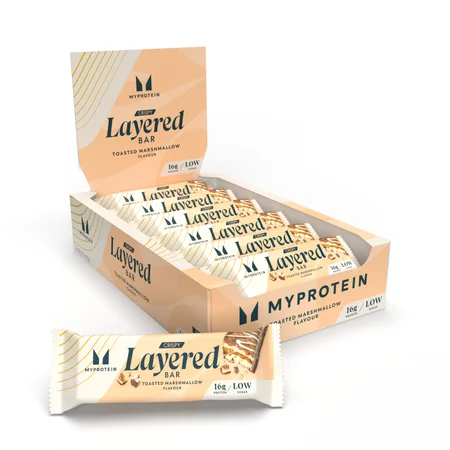Rapid Weight Loss | Why Fad Dieting Can Be Dangerous

If it sounds too good to be true, it probably is.
- What is rapid weight loss?
- Is rapid weight loss safe?
- How to lose weight safely
- How to calculate your calorie deficit

What is Rapid Weight Loss?
Any diet that claims to help you lose a significant amount of weight in a short period of time can be considered a rapid weight loss diet.
Research shows that a weight loss of 0.5-1kg per week is not only safe for your body, but also much easier to sustain over time.
Extreme low-calorie diets are based on the calorie balance weight loss method - but on a level that is far too restrictive. Any calorie intake less than 1200 per day can be considered an extreme low-calorie diet. Staying under this calorie level on a consistent basis may lead to rapid weight loss, but it also can make it difficult to obtain essential macros (protein, carbs, fat) and micronutrients (vitamins and minerals).
Very low-calorie diets should only be done under medical direction and supervision, when professionals can monitor your intake and how your body responds.
While nutrient packed juices claim to “cleanse and reset your body”, we can only absorb so many vitamins and minerals each day - most of them are flushed quickly through your system. The best way to cleanse your body is to eat a varied, healthy diet consistently. Your kidneys and liver do all of the cleansing that your body needs.

Is Rapid Weight Loss Safe?
How to Lose Weight Safely
So let’s get back to the basics. Calories are a measure of energy, and carbohydrates, fat, and protein are the macronutrients that contribute calories as fuel for our body. Vitamins and minerals are examples of micronutrients that are also important for health. We burn a fair number of calories just going about our days, but exercise is often the key to help us burn more than we’re consuming.
A healthy calorie deficit that helps us lose weight gradually and sustainably is key to weight loss.
How to calculate your calorie deficit
It takes a deficit of about 500 calories per day to lose approximately 1 pound per week. That 500-calorie deficit can be a combination of eating less and moving more. If you’re already extremely active in the gym, you might need to focus more on your calorie intake. If your calorie intake is already at a reasonable level, you might need to work harder in the gym to see weight loss. Most people need a combination of both approaches.
Calculate a healthy calorie deficit in 3 steps here...
Take Home Message
So if you are looking to lose weight, keep a calorie deficit, squeeze in an extra walk where you can, and learn some new healthy recipes that you enjoy eating.
READ THESE NEXT:

5 Ways To Reduce Body Fat While Building Muscle
How you can build that lean muscle.

Best Supplements For Muscle Gain & Fat Loss | Beginner’s Supplement Guide
The basics of building muscle and losing fat.

Claire is a Registered Dietitian through the Academy of Nutrition and Dietetics and a board-certified Health and Wellness Coach through the International Consortium for Health and Wellness Coaching. She has a Bachelor of Science in Biology and a Master’s degree in Clinical Dietetics and Nutrition from the University of Pittsburgh.
Talking and writing about food and fitness is at the heart of Claire’s ethos as she loves to use her experience to help others meet their health and wellness goals.
Claire is also a certified indoor cycling instructor and loves the mental and physical boost she gets from regular runs and yoga classes. When she’s not keeping fit herself, she’s cheering on her hometown’s sports teams in Pittsburgh, or cooking for her family in the kitchen.
Find out more about Claire’s experience here.






